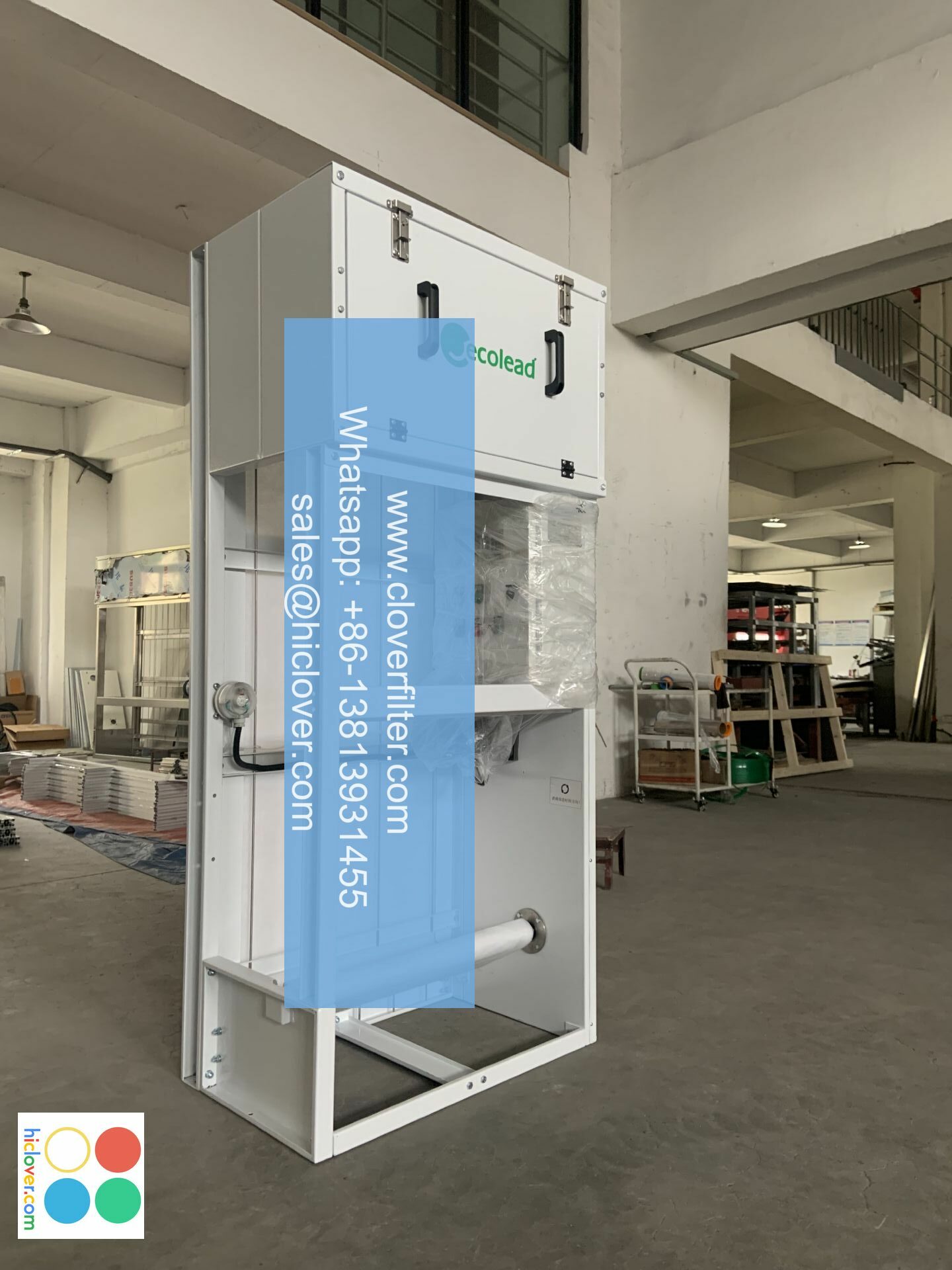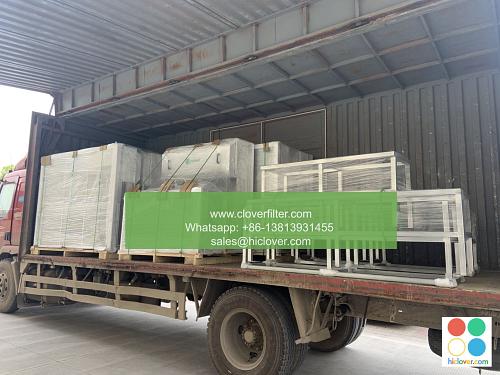The Impact of Air Filter Extensions on Indoor Air Quality

Indoor air quality (IAQ) has become a significant concern in recent years, with many individuals and organizations seeking ways to improve the air quality within their homes, offices, and other indoor spaces. One effective solution that has gained popularity is the use of air filter extensions, which can be integrated into existing heating, ventilation, and air conditioning (HVAC) systems or used as standalone units. In this article, we will explore the impact of air filter extensions on indoor air quality, highlighting their applications in various areas, including residential air purification, commercial air filtration, and industrial air cleaning.
What are Air Filter Extensions?
Air filter extensions are devices that attach to existing air filters or HVAC systems, enhancing their ability to capture airborne pollutants, such as particulate matter (PM), volatile organic compounds (VOCs), and gaseous pollutants. These extensions can be equipped with advanced filtration technologies, including HEPA filters, activated carbon filters, and ultraviolet (UV) light disinfection, to provide superior air cleaning capabilities.
Benefits of Air Filter Extensions
The use of air filter extensions can have numerous benefits for indoor air quality, including:
* Improved air purification: Air filter extensions can capture up to 99.97% of airborne particles as small as 0.3 microns, including dust, pollen, and bacteria.
* Enhanced VOC removal: Air filter extensions with activated carbon filters can effectively remove VOCs, such as formaldehyde and benzene, which are commonly found in indoor environments.
* Increased energy efficiency: By reducing the amount of airborne pollutants, air filter extensions can help improve the efficiency of HVAC systems, leading to energy savings and reduced maintenance costs.
Applications of Air Filter Extensions
Air filter extensions have a wide range of applications in various areas, including:
* Residential air purification: Air filter extensions can be used in homes to improve indoor air quality, particularly in areas with high levels of pet dander, mold, and allergens.
* Commercial air filtration: Air filter extensions can be used in offices, schools, and other commercial settings to improve indoor air quality, reduce sick building syndrome, and enhance productivity.
* Industrial air cleaning: Air filter extensions can be used in industrial settings, such as manufacturing facilities and warehouses, to remove airborne pollutants, including chemical fumes and particulate matter.
Conclusion
In conclusion, air filter extensions can have a significant impact on indoor air quality, providing improved air purification, enhanced VOC removal, and increased energy efficiency. With their various applications in residential, commercial, and industrial settings, air filter extensions are an effective solution for improving indoor air quality and promoting healthy indoor environments. By highlighting the benefits and applications of air filter extensions, we hope to raise awareness about the importance of indoor air quality and encourage individuals and organizations to take action to improve the air quality within their indoor spaces. You haven’t asked a question or provided any context. Please provide more information or ask a question so I can assist you.

